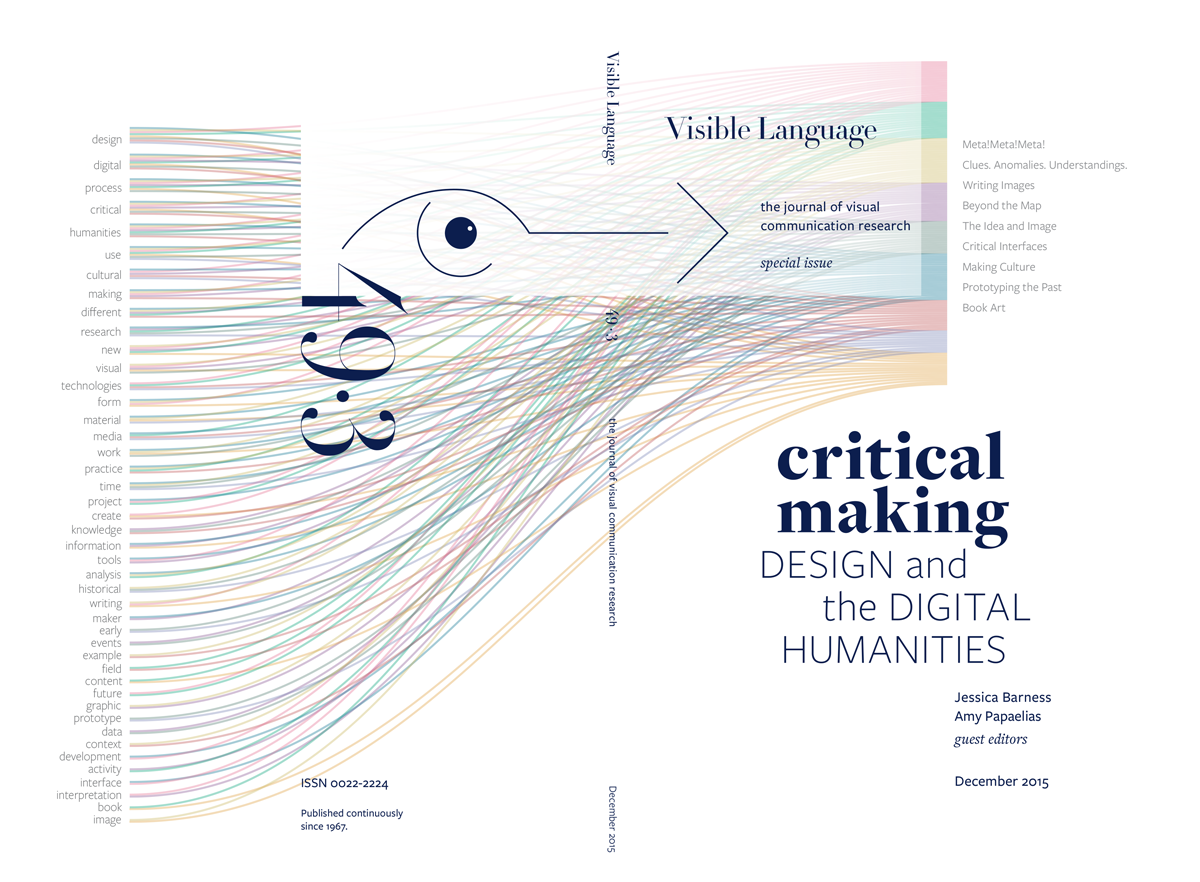Making Culture: Locating the Digital Humanities in India
Abstract
What is called 'making' in North America and Europe is, frankly, a luxurious pastime of wealthy people who rightly recognize that their lives are less full because they are alienated from material culture [...] All over what is called the Global South there are makers everywhere, only they are not called makers. (Csikzentimihalyi, 2012; p9) The context for making in the Global South is obviously different to the West. In this article we aim to explore what critical making in India might mean, and in particular how this debate and the practices around it can contribute to the development of digital humanities, particularly in the heritage/public history sector. We consider two examples in order to demonstrate the role that design might play in helping digital humanities to take account of non-Western contexts. Firstly the Indian practice of jugaad —an indigenous combination of making-do, hacking, and frugal engineering —against the backdrop of making/DIY culture, and how local circumstances might shape intellectual explorations through critical making. Secondly we examine the case study of the design of an "Indian" videogame prototype, Meghdoot, produced as part of the interdisciplinary UnBox festival in New Delhi, 2013, which was used as an exploratory vehicle for what it means to make a culturally-specific digital game in India. We demonstrate how cultural specificity and local context, with its emphasis on making culture —as opposed to localization and globalization —can contribute meaningfully to current understandings of the digital humanities, and extend the conversation to the Global South in an inclusive and relevant manner.Downloads
Published
2015-11-01
Issue
Section
Journal Article

